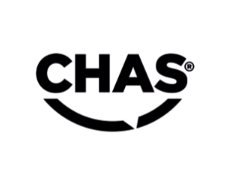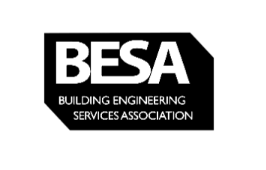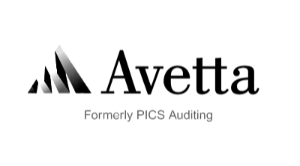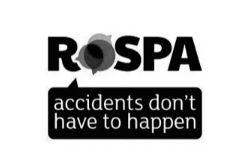phs Group has acquired Citron Hygiene UK find out more here
We do more than you think
phs Group is the leading hygiene services provider in the UK, Ireland and Spain. Our team of over 3,000 expert personnel provides washroom, floorcare, healthcare and a range of specialist services to over 120,000 customers ranging from large single sites, to multi-national restaurant chains, healthcare establishments and small owner-occupied shops. Wherever we’re needed, we’re on your doorstep.
Our Corporate Social Responsibility goals and commitments are in the here and now; the focus of our values and priorities are at the forefront of our mindset, our modus operandi, embedded throughout our organisation and forming part and parcel of our daily actions.
What makes phs different? It’s our commitment to do the right thing. We’re helping clean up the ocean from plastic by using ghost fishing nets to create ECONYL® floor mats. Our patented products deliver significant water and cost savings. Our air purifiers help to improve employee well-being. By using phs, organisations can make a difference to the environment and their bottom line as well as telling a good news story. It’s all about doing the right thing.
Action now to make a difference
As the leading hygiene services provider in the UK, Ireland and Spain, it is our responsibility to set benchmarks for standards, to drive change and to innovate.
Our work, providing essential services and products to over 300,000 customer locations, enabling them to stay hygienic and legally compliant, is more important than ever.
From initiatives, such as:

































